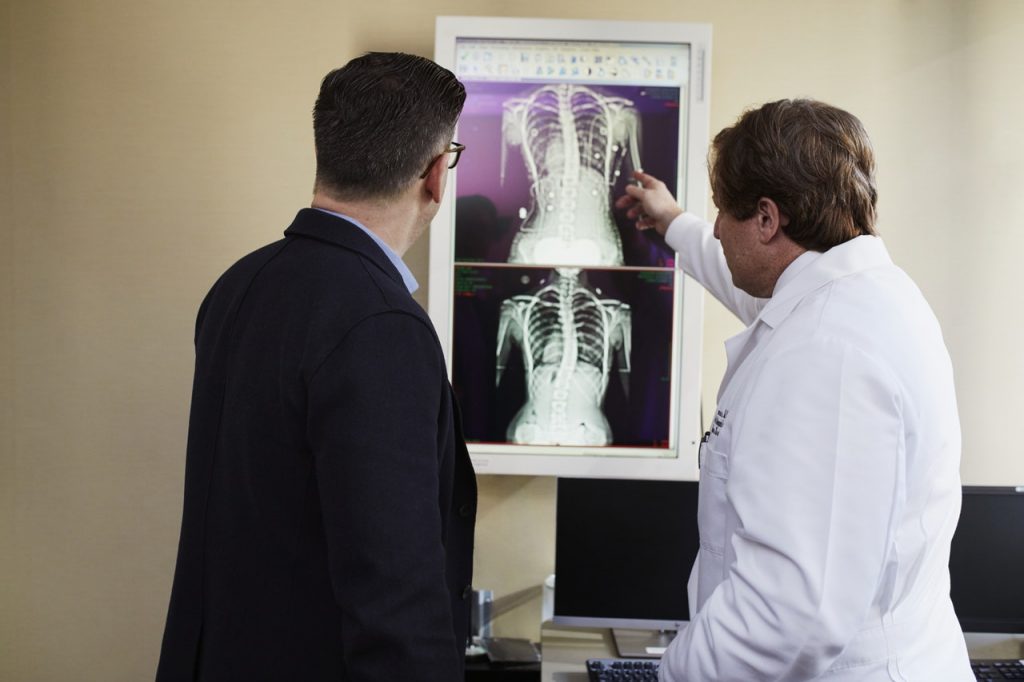EFFECTIVELY USING FITNESS-FOR-DUTY CERTIFICATIONS FOLLOWING FMLA
When an employee takes leave under the Family and Medical Leave Act (FMLA) for their own serious health condition, employers can (and should) require some sort of certification from their health care provider that the employee can return to work, with or without restrictions. This is called a fitness-for-duty certification. It certifies that the employee has been medically cleared to return to work.
Some employers, however, want more than just a “yes” on returning to work. They want to confirm that the employee can perform the essential duties of the job when they return.
But can they require that? The short answer is yes.
How Can an Employer Require Certification for Essential Functions?
One of the main concerns when an employee returns from leave for their own serious health condition is ensuring they can perform their job as expected and do so without an increased safety risk. Additionally, if applicable, the terms of a collective bargaining agreement may also influence the return process. Fitness-for-duty certifications, if done right, can provide that peace of mind. Therefore, to effectively leverage fitness-for-duty certifications, employers must understand the requirements and limitations of their use.
To require a fitness-for-duty certification that evaluates whether or not the employee can perform the essential functions of the job, all of the following conditions must be met:
- The employer must have a uniformly applied policy or practice that requires all similarly situated employees (e.g., those in similar roles, those with the same medical conditions) who take leave to provide a fitness-for-duty certification from their health care provider to resume work.
- The employer must notify the employee, in writing, that such a fitness-for-duty certification will be required to return to work and must include a list of the essential functions of the job for the health care provider to evaluate.
- The notice must be provided to the employee no later than when the employer gives the Designation Notice to the employee.
If all of those conditions are satisfied, the fitness-for-duty certification must address the employee’s ability to perform those essential functions. If the employee is not able to provide such a fitness-for-duty certification, the employer is allowed to delay return to work as long as all the above conditions are met.



Limitations on Fitness-For-Duty Certifications and FMLA
The employee can only be required to provide a fitness-for-duty certification for the serious health condition or impairment that caused the need for FMLA leave. Therefore, employers cannot expand the scope of the certification to include anything that isn’t related to the essential functions of the job and/or the serious health condition. For example, an employer can require a fitness-for-duty certification that addresses the employee’s ability to lift when the employee is a warehouse worker who took leave for back surgery. It would not be appropriate to use the fitness-for-duty certification to assess the mental health condition of the same worker.
While, like with the initial medical certification, the employer may contact the health care provider to clarify or authenticate the fitness-for-duty certification, they cannot postpone return to work while they do that. Additionally, employers cannot get a second or third opinion regarding the employee’s fitness-for-duty. That is only permitted for the initial medical certification.
Finally, if an employee is using FMLA leave on an intermittent or reduced schedule basis for their serious health condition, a fitness-for-duty certification cannot be required for each absence. However, if the employer has a reasonable belief of significant risk of harm that the employee’s return to work presents to themselves or others, a fitness-for-duty certification can be obtained once every 30 days.
And Don’t Forget About the ADA
It’s important to remember that the Americans with Disabilities Act (ADA), as amended, also applies to an employee’s return to work following FMLA. Employers cannot require that employees be 100% healed before they can return to work. So, a fitness-for-duty certification that indicates temporary or permanent restrictions cannot be a basis for denying reinstatement under FMLA. Instead, employers need to engage in the interactive process to determine whether there are reasonable accommodations that would allow the employee to perform the essential functions of the job.
Conclusion
While employers have the right to request a fitness-for-duty certification that confirms whether or not an employee can perform the essential functions of the job upon returning from FMLA, it comes with important rules and limitations. Understanding these requirements is crucial for employers to not only follow the law but also to create a fair and supportive process for employees returning to work.
By: Audra L. Parton, JD
Interested in learning more about FMLA from a recognized leader on FMLA? Attend the 2025 Nevada Employers Conference on Friday, July 11, 2025. Jeff Nowak will be discussing the latest developments in FMLA and ADA. Jeff is an attorney with decades of experience advising top employers on FMLA and ADA issues and is the author of the highly regarded FMLA Insights blog. Register to reserve your seat today! This event will sell out.
Mailing List Sign Up Form
Fill out this mailing list sign up form to receive monthly email updates on the latest NAE news, HR issues, special events, training dates and more!
